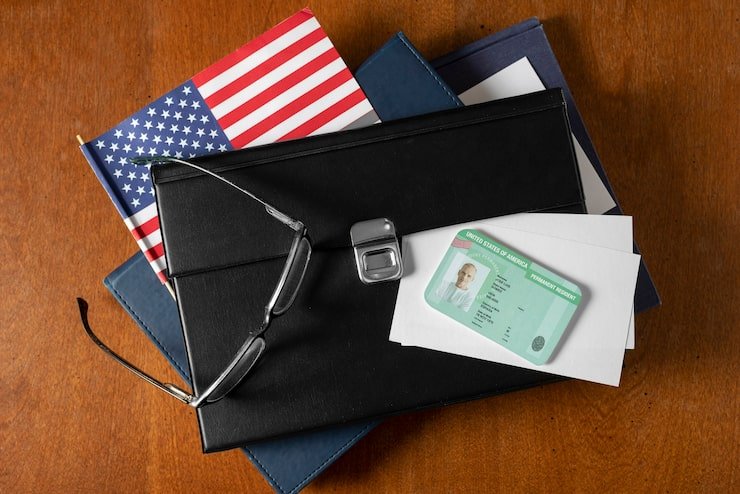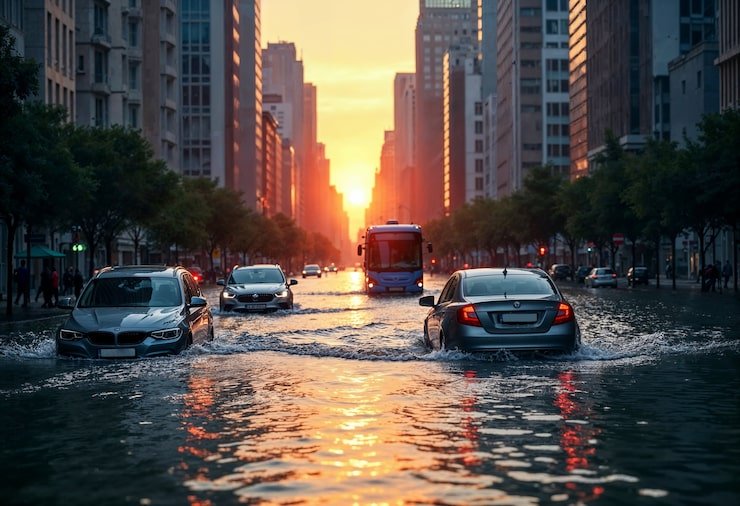Trump’s Citizenship Order Takes Effect in 28 States After Supreme Court Clearance
Trump’s Citizenship policy, which is a controversial move to end birthright citizenship for children of undocumented immigrants and temporary visa holders, is now in effect in 28 U.S. states. The policy goes into effect on July 27, 2025, after the Supreme Court ruled 6-3 to lift the nationwide block on the executive order that former President Donald Trump signed.
The order is aimed at kids born on or after February 19, 2025, to parents who are in the U.S. without legal immigration status or on temporary visas like work or student visas. This change changes the Fourteenth Amendment, which used to give automatic citizenship to anyone born in the U.S.
State-Level Implementation and Legal Divide
The Supreme Court did not say whether or not the order was constitutional. Instead, it let states that hadn’t legally challenged it enforce it. Because of this, 28 states, such as Texas, Florida, Georgia, Ohio, Arizona, and Indiana, are now following the order.
On the other hand, 22 states, including California, New York, and Massachusetts, have put the policy on hold until it can be looked at more closely by the courts.
Lawyers say that this choice could make it harder to use nationwide injunctions. In the meantime, civil rights groups have filed new lawsuits in Maryland and New Hampshire to try to stop things on a national level.
Critics argue that Trump’s citizenship directive creates a confusing legal landscape. A child’s citizenship could now depend on where they are born. This fragmented system challenges the idea of equal rights across all U.S. states.
Since Americans can freely move between states, the policy may lead to legal disputes and administrative uncertainty, especially for children who lose access to basic services like education and healthcare.
Enforcement Ramps Up Nationwide
The federal government is cracking down more on immigration. ICE arrested more than 71,000 people and deported more than 41,000 people in the first half of 2025. Many of those affected were parents of children who are now not citizens by birth. Families are being torn apart, and kids are stuck in the middle, both legally and socially.
A new detention centre in the Florida Everglades, called “Alligator Alcatraz,” has become a lightning rod for criticism, making things even worse. Trump said the centre would be a good model for the future. He also hinted that he might want to keep not only people who are in the country illegally, but also U.S. citizens he thinks are “undesirable.”
As lawsuits pile up, civil rights organizations warn that America is facing a constitutional crisis. The question of who qualifies as an American lies at the heart of this debate.
The final outcome of Trump’s citizenship policy will likely depend on future Supreme Court deliberations. For now, the nation remains divided — not only by geography, but by fundamentally different visions of citizenship and belonging.











